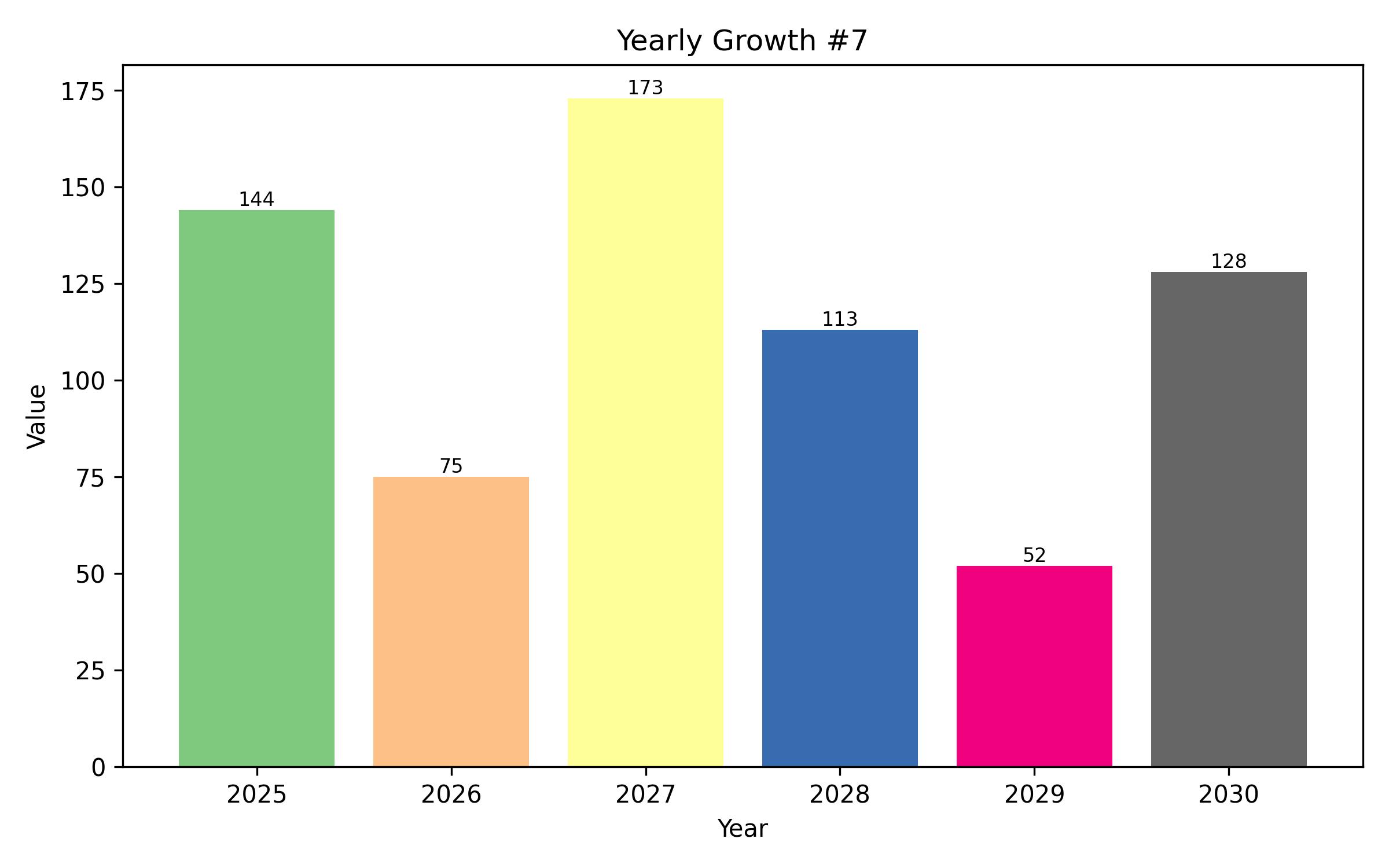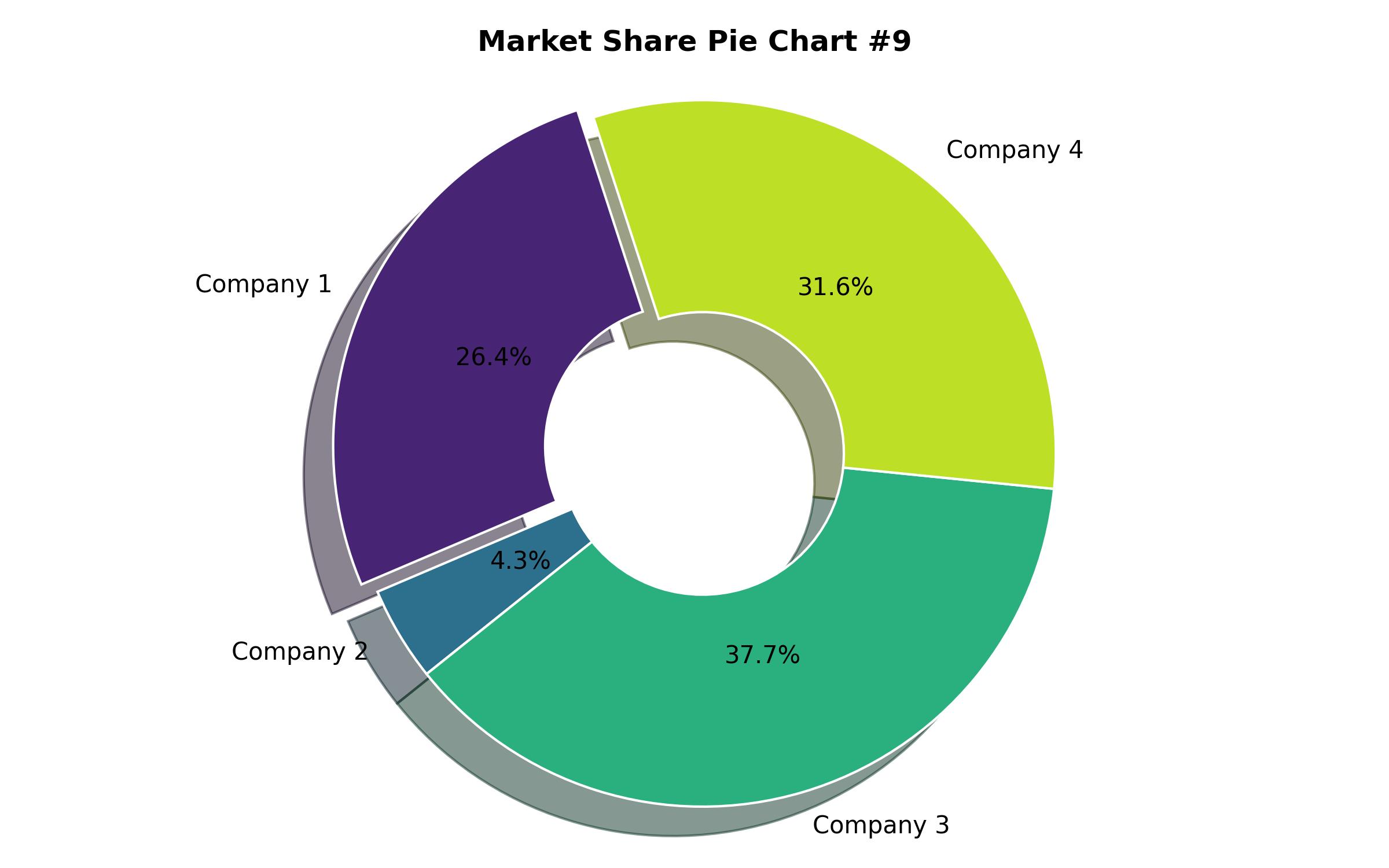Market Assessment and Future Projections for Cashew Milk: 2025 to 2035
Overview:
The global market for cashew milk was valued at USD 228 million in the year 2023. Projections indicate that by 2025, the demand for cashew milk will reach a peak valuation of USD 248.2 million. Looking ahead to 2035, sales are anticipated to climb to USD 396.3 million. This represents a consistent compound annual growth rate (CAGR) of 4.9% globally over the forecast period spanning 2025 through 2035.
A primary factor propelling the cashew milk sector forward is the surging consumer preference for plant-based dairy alternatives. As instances of lactose intolerance become more common and vegan lifestyles gain momentum, individuals are actively seeking non-dairy beverages that do not compromise on taste or nutritional value.
Cashew milk appeals to health-conscious consumers owing to its naturally creamy consistency and slightly sweet profile. Prominent companies in the market have expanded their product lines to include variations such as organic, unsweetened, and vitamin-fortified options, addressing a wide spectrum of consumer demands.
The market offers cashew milk in diverse formats, including options that require refrigeration, shelf-stable varieties, and formulations designed for coffee and other beverages requiring frothing. The increasing trend towards functional beverages has also fueled demand for cashew milk, particularly versions enhanced with added vitamins, minerals, and protein.
Furthermore, consumer focus on clean labels and environmentally conscious packaging influences product selection. Companies that highlight sustainable sourcing practices and minimize ingredient lists tend to resonate well with consumers.
| Attributes | Description |
|---|---|
| Estimated Global Cashew Milk Industry Size (2025E) | USD 248.2 million |
| Projected Global Cashew Milk Industry Value (2035F) | USD 396.3 million |
| Value-based CAGR (2025 to 2035) | 4.9% |
The expanding market for cashew milk is substantially influenced by evolving consumer perceptions regarding plant-based dairy options. Recognized for its fewer calories compared to traditional dairy milk, presence of beneficial fats, and absence of cholesterol, cashew milk is gaining popularity among those prioritizing nutrition and health advantages. Additionally, continuous innovation in flavors, textures, and the incorporation of functional ingredients like added protein and probiotics have further broadened the product’s appeal.
An update on market performance over a six-month period reveals variations in the compound annual growth rate for the global cashew milk industry between the base year 2024 and the current year 2025. This comparative analysis provides insights into shifts in market performance and revenue trends, offering stakeholders a clearer understanding of growth trajectories.
During the first half (H1) of the decade from 2025 to 2035, the industry is forecast to show a CAGR of 4.8%, while the second half (H2) of the same period is expected to achieve a slightly higher rate of 4.9%. For the subsequent periods (H1 2025 and H2 2035), the CAGR remains stable at elevated levels. This stability is linked to consistent demand driven by the rising adoption of plant-based milks, coupled with consumer preference for clean-label and sustainably produced food items.
The market is characterized by distinct tiers of competition. Tier 1 includes major brands with substantial revenue, robust distribution networks, and high consumer recognition. These companies invest significantly in marketing, product innovation, and retail presence to maintain their leading positions. Large corporations with diverse plant-based offerings, including cashew milk, have established wide availability across national markets.
Another significant competitor, known for its extensive dairy-free portfolio, has secured a strong position as a premium brand offering cashew milk in various formats beyond beverages, such as creamers and frozen items. These leading brands capitalize on economies of scale through large-scale production, extensive retail infrastructure, and strategic advertising campaigns to sustain their competitive edge.
Tier 2 consists of growing brands, typically smaller or medium-sized, that have cultivated a devoted customer base. These entities often emphasize natural ingredients, sustainability efforts, and high-quality product formulations. Some companies, for instance, create innovative cashew milk blends incorporating other ingredients, providing options for consumers focused on health and seeking simpler ingredient lists.
Other notable companies in this tier are recognized for their cashew milk made with minimal constituents, free from additives or stabilizers. These brands appeal to consumers who are looking for superior plant-based alternatives that prioritize purity, product quality, and environmental considerations.
Tier 3 is composed of emerging and smaller brands that are gaining visibility in the cashew milk sector, often utilizing direct-to-consumer models and specific retail channels. These brands frequently highlight unique formulations, organic certifications, and emphasize online sales. Some offer concentrated cashew milk bases that allow consumers to create fresh milk at home by adding water, promoting customization and reducing waste.
Artisanal, premium brands in this tier focus on organic, clean-label cashew milk products targeted at health-conscious consumers willing to pay more for quality ingredients. These companies leverage partnerships, digital marketing strategies, social media platforms, and e-commerce to improve brand awareness and broaden their customer reach within niche markets.

| Report Attribute | Details |
|---|---|
| Market Size in 2025 | USD 248.2 million |
| Revenue Forecast for 2035 | USD 396.3 million |
| Growth Rate (CAGR) | 4.9% from 2025 to 2035 |
| Base Year for Estimation | 2024 |
| Historical Data | 2019 – 2023 |
| Forecast Period | 2025 – 2035 |
| Quantitative Units | Revenue in USD million and CAGR from 2025 to 2035 |
| Report Coverage | Revenue forecast, company market share analysis, competitive landscape, growth drivers, and trends |
| Covered Segments | Form, End Use, Sales Channel, Packaging, Product Type |
| Regional Scope | North America, Europe, Asia Pacific, Latin America, Middle East & Africa |
| Country Scope | USA, Canada, Germany, UK, France, China, Japan, India, Australia, Brazil, UAE, South Africa |
| Key Companies Analyzed | Silk, Califia Farms, Daiya Foods Inc., Tofutti Brands Inc., SunOpta Inc., Hain Celestial Group, Blue Diamond Growers, Forager Project, WhiteWave Services, Inc., So Delicious Dairy Free, Provamel, Alpro |
| Customization Options | Free report customization (up to 8 analysts working days) with purchase. Changes to country, regional, and segment scope |
| Pricing and Purchase Options | Customizable purchase options for tailored research needs |

Report Coverage & Deliverables
- Market Trends And Dynamics
- Competitve Benchmarking
- Historical data and forecasts
- Value/Volume analysis
- Company revenue shares and key strategies
- Regional opportunities
This is an indicative segmentation. Please request a sample report to see detail segmentation of this market.
Detailed Market Segmentation
- By Form
- Liquid dry
- Powder
- Concentrate
- By End Use
- Household
- Food service
- Industrial
- By Sales Channel
- Supermarkets and Hypermarkets
- Convienience Stores
- Online Retail
- Specialty Stores
- Other Sales Channels
- By Packaging
- Cartons
- Bottles
- Pouches
- Other Packaging
- By Product Type
- Unsweetened Cashew Milk
- Sweetened Cashew Milk
- Flavored Cashew Milk
- Fortified Cashew Milk
Table of Content
- Executive Snapshot
- Market Overview
- Market Dynamics
- Drivers
- Restraints
- Trends
- Market Analysis 2020 to 2024 and Forecast 2025 to 2035
- Market Analysis 2025 to 2035, By Form
- Liquid
- Powder
- Concentrate
- Market Analysis 2025 to 2035, By End Use
- Household
- Food Service
- Industrial
- Market Analysis 2025 to 2035, By Sales Channel
- Supermarkets and Hypermarkets
- Convenience Stores
- Online Retail
- Specialty Stores
- Other Sales Channels
- Market Analysis 2025 to 2035, By Packaging
- Cartons
- Bottles
- Pouches
- Other Packaging
- Market Analysis 2025 to 2035, By Product Type
- Unsweetened Cashew Milk
- Sweetened Cashew Milk
- Flavored Cashew Milk
- Fortified Cashew Milk
- Regional Market Analysis
- North America Cashew Milk Market
- Europe Cashew Milk Market
- Asia Pacific Cashew Milk Market
- Latin America Cashew Milk Market
- Middle East & Africa Cashew Milk Market
- Competition Analysis
- Company Profiles
- Key Players Strategies
- Research Methodology
